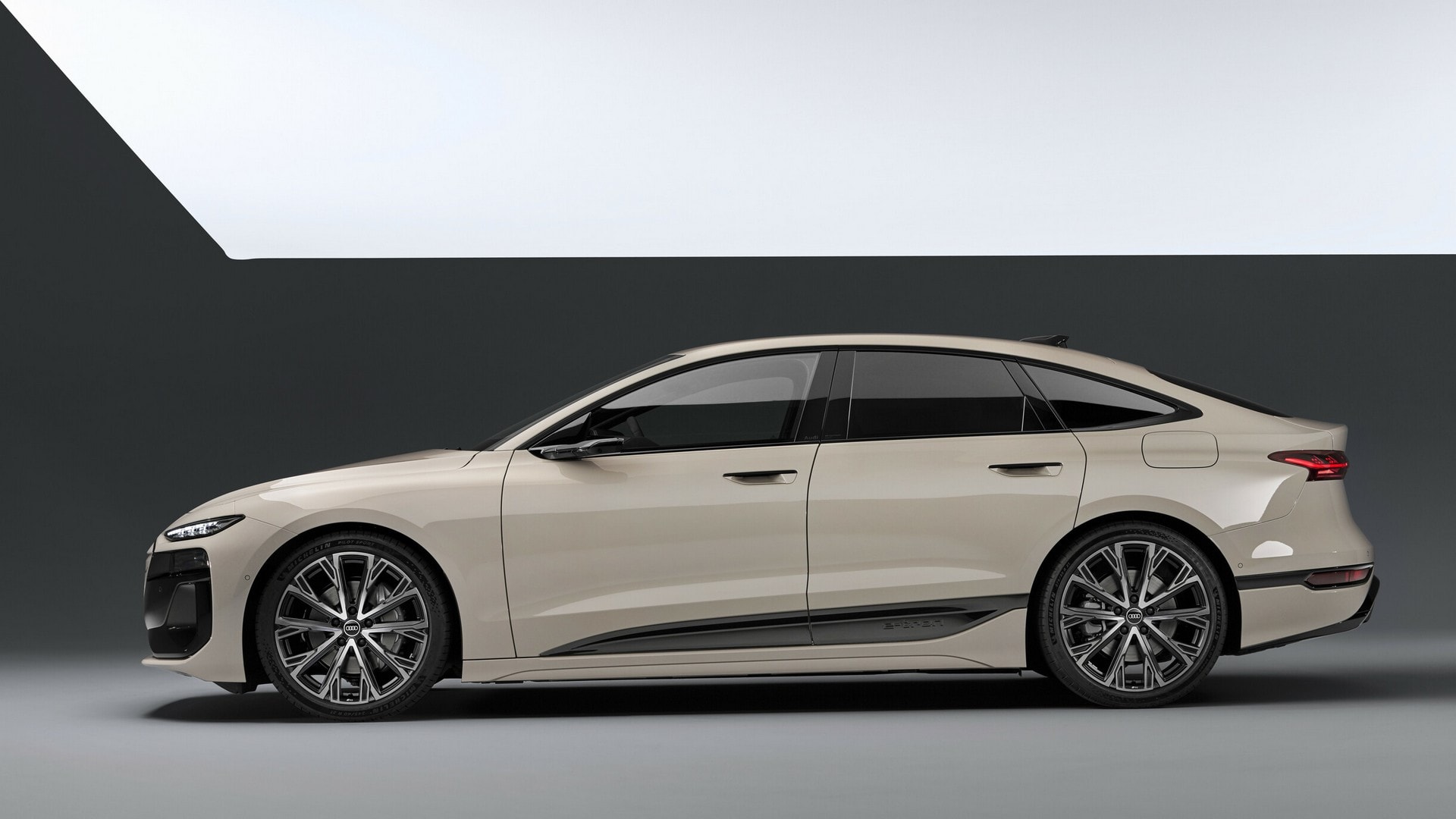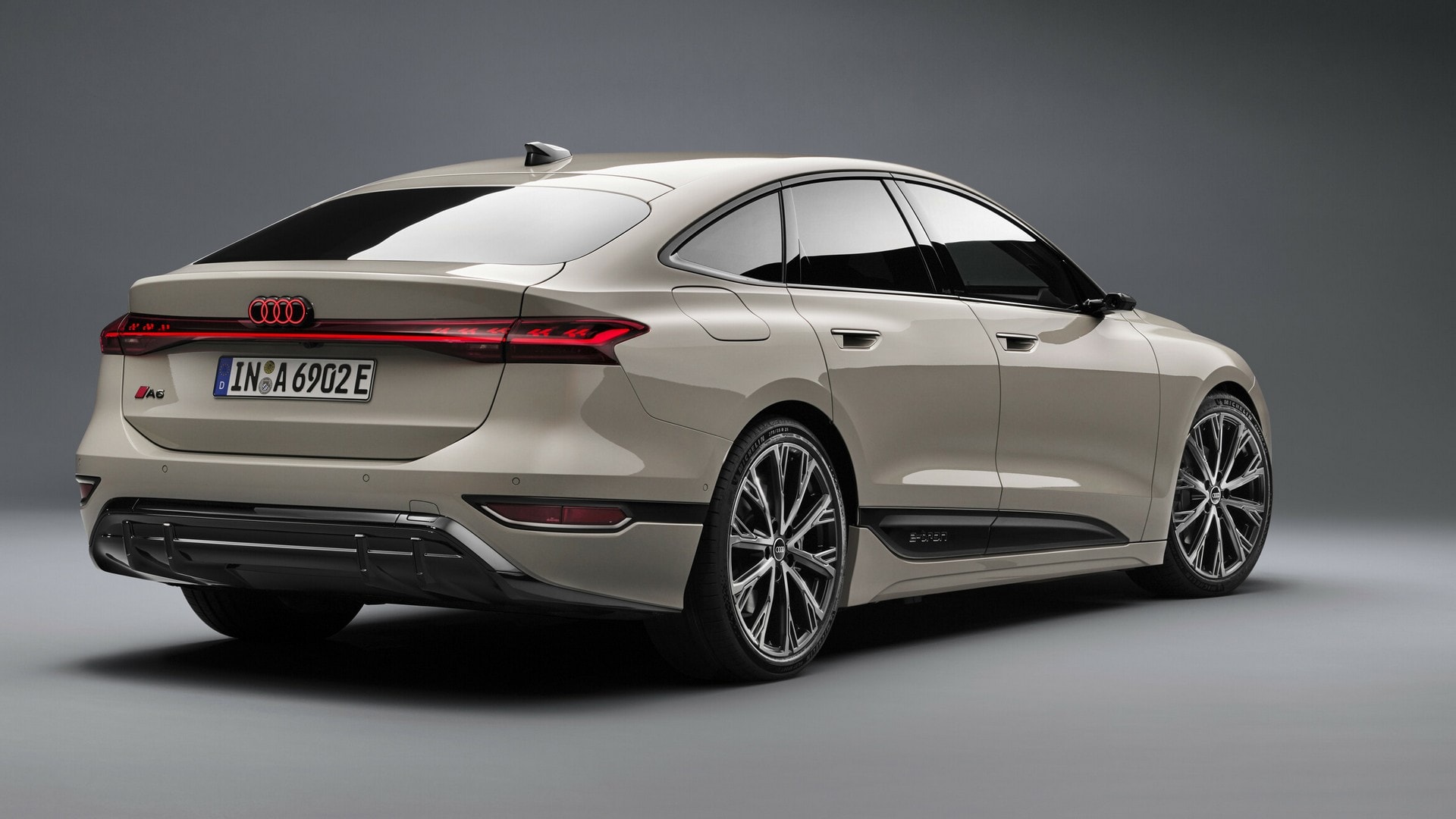Audi’s A6 e-tron concept cars promised a bold, electric future. Revealed to a chorus of anticipation, both the sedan and Avant variants teased a muscular, almost retro-inspired design that hinted at a departure from the brand’s usual conservative styling. However, the production models that followed fell flat. While Audi insisted on their close resemblance to the concepts, the reality was a diluted, generic appearance.
The once-promising high waistline and sleek greenhouse were sacrificed for a more conventional look, resulting in cars that blended seamlessly into the crowd rather than standing out. The tepid public response suggests that perhaps the allure of electric mobility alone was insufficient to compensate for a lack of design daring.

Its impressive charging capacity and substantial WLTP-rated range positioned it as a potential frontrunner in the luxury electric sedan segment. While the A6 e-tron’s charging speed is undoubtedly impressive, its energy efficiency lags behind competitors like the Lucid Air, raising concerns about its performance and value proposition.
This challenge is compounded by the broader electric vehicle market’s evolving dynamics. Once characterized by exponential growth and fervent consumer interest, the EV world is now marked by a cooling demand and industry-wide recalibrations. As automakers grapple with these shifting tides, the A6 e-tron’s market prospects become increasingly uncertain.
The tepid reception to its concept versions further underscores the challenges Audi may face in converting initial excitement into tangible sales. Ultimately, the success of the A6 e-tron will hinge on a complex interplay of factors, including its ability to deliver a compelling driving experience, competitive pricing, and a robust charging infrastructure.

While the vehicle’s technological foundation is solid, it remains to be seen whether these attributes will be sufficient to overcome the headwinds facing the electric vehicle market. The lukewarm reception of the A6 e-tron and A6 Avant e-tron might foreshadow challenges for future electric models, regardless of their aesthetic appeal.
Given that these vehicles were already in development, pulling the plug now would only exacerbate financial losses compared to shelving the project entirely. This situation underscores the potential difficulties automakers may face in transitioning to an electric future.

